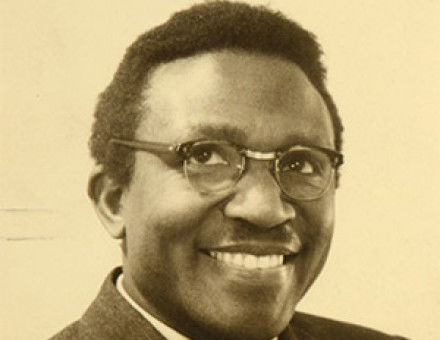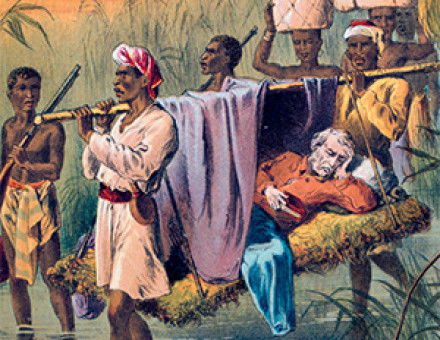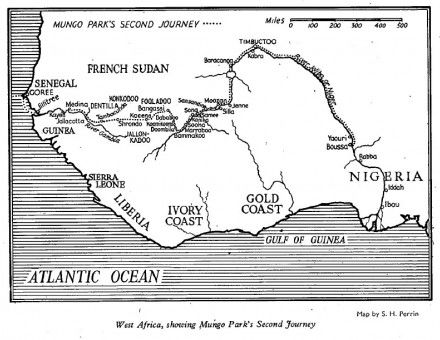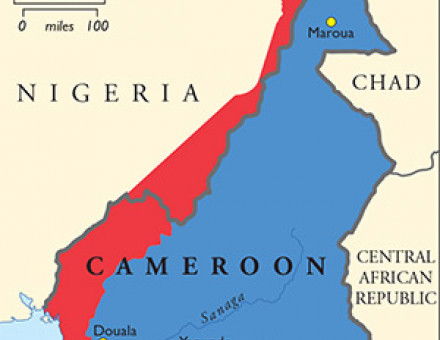Fostering Independence
Large numbers of West Africans came to Britain to study in the postwar years. Many placed their children in the care of white, working-class families. Jordanna Bailkin describes how it was not just Britain’s diplomatic relationships that were transformed at the end of empire but also social and personal ones.






